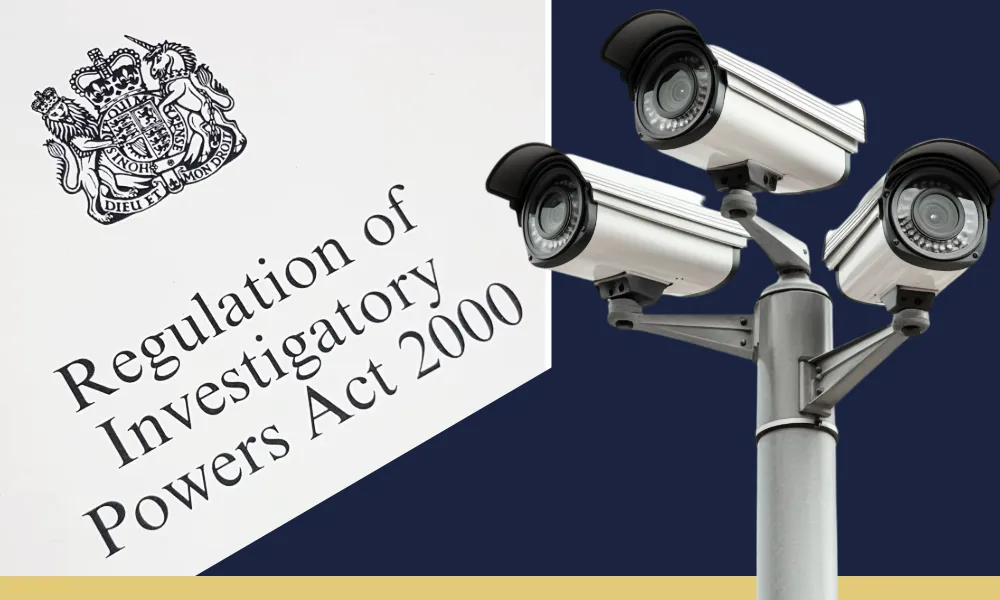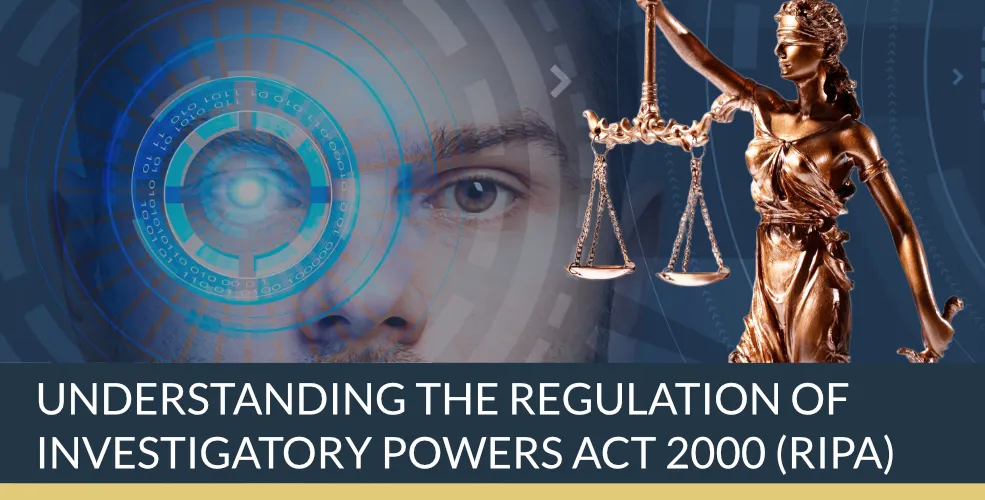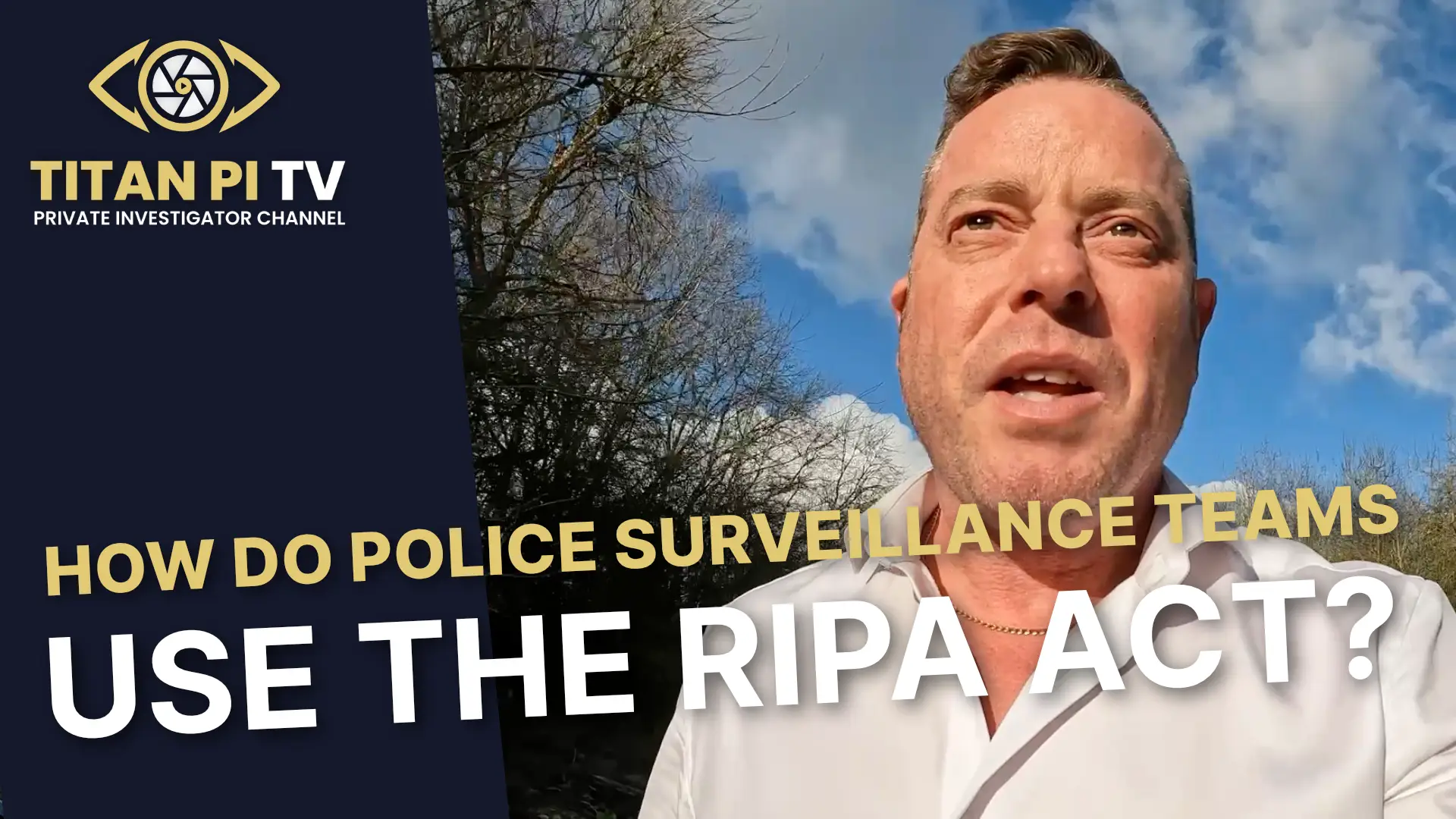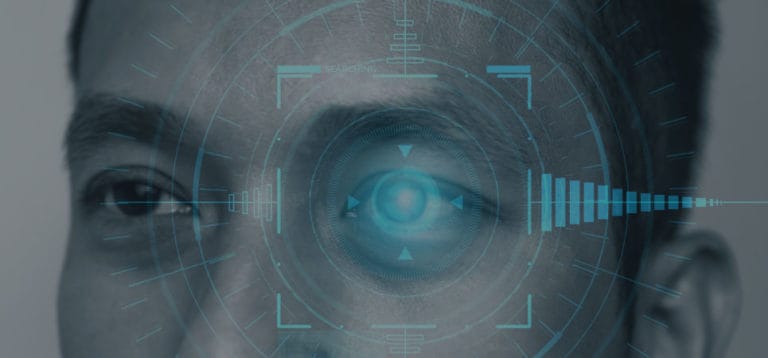Understanding the Regulation of Investigatory Powers Act 2000 (RIPA)
A Deep Dive into Regulatory Investigative Powers
In the world of private investigations, understanding legal frameworks is not just a matter of professional responsibility—it’s a cornerstone of ethical practice. One of the most significant pieces of legislation affecting the way private investigators operate is the Regulation of Investigatory Powers Act 2000, commonly known as RIPA. This act governs how public bodies can conduct surveillance and manage electronic communications, making compliance vital for private professionals.
The Importance of RIPA Compliance for Private Investigators
RIPA lays down the rules for surveillance activities, ensuring that they are conducted lawfully, proportionately, and with proper oversight. For private investigators working with public bodies, adhering to these guidelines is not optional—it’s mandatory. Failure to comply can lead to severe legal consequences, including fines, loss of professional reputation, and even imprisonment. Beyond the legal ramifications, understanding RIPA helps investigators uphold ethical standards, ensuring that their work respects individual privacy and rights.
RIPA’s Impact on Public and Private Investigations
RIPA influences both public and private investigations. Public bodies, such as local councils, housing associations, the NHS, and police forces, must operate under its regulations when engaging private investigators. For private entities working on behalf of these public bodies, understanding and adhering to RIPA is essential to ensure their investigations are lawful and legitimate.
This article aims to provide practical insights into RIPA, breaking down its implications and offering best practices to empower private investigators to navigate their responsibilities effectively.

What is a Public Body Under RIPA?
Defining Public Bodies and Funding Sources
A public body is any organisation funded by taxpayers. This includes:
- Local councils: Responsible for issues like fly-tipping and antisocial behaviour.
- Housing associations: Often require surveillance to address tenant disputes or property misuse.
- The NHS: May commission investigations into staff absenteeism or fraudulent claims.
- Police forces: Rely on RIPA to authorise surveillance operations.
- Trading standards agencies: Investigate fraudulent activities, such as counterfeit goods or financial scams.
These entities have a duty to follow RIPA regulations when conducting investigations, and private investigators working with them must do the same.
Examples of Public Bodies Requiring RIPA Authority
Public bodies often hire private investigators for specific tasks, such as:
- Investigating fly-tipping incidents for local councils.
- Monitoring workforce absenteeism within the NHS.
- Analysing handwriting for potential fraud in trading standards cases.
In all these scenarios, RIPA authority must be obtained before any surveillance begins.
Consequences of Non-Compliance for Private Investigators
Failing to adhere to RIPA can have serious repercussions. Investigators may face:
- Legal action: Including prosecution and fines.
- Loss of professional reputation: Damaging relationships with clients and peers.
- Imprisonment: In severe cases, particularly if surveillance involves unauthorised interception of communications.
Understanding the responsibilities tied to RIPA is critical for all private investigators.
RIPA’s Three Parts: Which Sections Affect Private Investigators?
RIPA is divided into three main parts, but only one is particularly relevant to private investigators.
Part 1: Communications Data (Irrelevant to Private Investigators)
Part 1 pertains to communications data, such as phone records. Private investigators must steer clear of this area, as accessing phone records without proper authority is illegal and can lead to severe legal consequences.
Part 2: Surveillance and Covert Human Intelligence Sources (CHIS) (Highly Relevant)
Part 2 is the most relevant section for private investigators. It focuses on:
- Directed Surveillance: Pre-planned activities targeting specific individuals or groups. For example, following a healthcare worker suspected of abusing sick leave.
- Intrusive Surveillance: Surveillance within private spaces, such as homes or vehicles. This could involve placing cameras inside someone’s home, which requires stringent regulations.
- Covert Human Intelligence Sources (CHIS): Informants or sources who provide covert information. For instance, gathering evidence about community disturbances for a council investigation.
Part 3: Electronic Data Interception (Irrelevant to Private Investigators)
Part 3 concerns the interception of electronic data, including emails. Like Part 1, investigators must avoid this section unless working under strict legal authority.
Obtaining RIPA Authority: Processes and Authorising Officers
Authorising Directed Surveillance
For directed surveillance, authorisation typically comes from senior figures within the public body, such as a council’s chief executive or a police superintendent. Investigators must ensure this authority is in place before beginning any activities.
Authorising Intrusive Surveillance
Intrusive surveillance requires a higher level of authority, often granted by a chief constable or assistant chief constable. This reflects the more invasive nature of such operations.
Oral vs. Written Authorisation: Time Limits and Considerations
- Oral authorisations: Used for urgent surveillance and are valid for up to 72 hours.
- Written authorisations: Required for longer-term operations and are valid for up to three months.
Keeping track of these timelines is crucial for maintaining compliance.
Best Practices for Private Investigators: Beyond Legal Compliance
Legitimate Interest Assessments: A Proactive Approach
Before starting an investigation, conduct a Legitimate Interest Assessment. Ask:
- Is the investigation legal?
- Is there a less intrusive way to achieve the objective?
- Is the surveillance necessary, proportionate, and minimising collateral intrusion?
This proactive approach ensures ethical practices and reduces the risk of overreach.
Necessity, Proportionality, and Collateral Intrusion: Minimising Impact
Focus on:
- Necessity: Is the investigation truly required?
- Proportionality: Is the level of intrusion justified?
- Collateral intrusion: Are you impacting others unintentionally?
These principles help maintain ethical standards and protect the rights of individuals not directly involved in the investigation.
Documenting Investigations and Data Retention: A Practical Guide
Meticulously document every step of your investigation. Record:
- Client details
- Objectives
- Actions taken
- Review dates for data retention
This level of documentation not only supports compliance but also strengthens the integrity of your findings.
Conclusion: Ensuring Ethical and Legal Surveillance Practices
Understanding RIPA is vital for private investigators, particularly those working with public authorities. By ensuring compliance, investigators protect themselves legally and promote ethical practices.
Key Takeaways for Private Investigators
- Always obtain RIPA authority when engaging in surveillance for public bodies.
- Familiarise yourself with the three parts of RIPA and focus on those relevant to your work.
- Document your investigations carefully and regularly assess your methods.
The Importance of Ongoing Training and Compliance
Stay informed about changes in legislation and best practices. Regular training ensures that private investigators maintain compliance and uphold their professional integrity.
At Titan Private Investigation Ltd, we are committed to operating within the highest legal and ethical standards. By understanding and adhering to RIPA, we ensure that our investigations are not only effective but also respectful of individual rights and privacy.
For more insights and expert guidance, contact Titan Private Investigation Ltd today. Together, we can navigate the complexities of surveillance and achieve the results you need.
Require more information about our private investigation services?
For further advice and information about how Titan Private Investigation Ltd can help you with your investigation requirements, please speak to one of our professional team members at one of the offices nearest to you.
London Private Investigation Services – Call the Titan Investigations London Office 020 39046622
Birmingham Private Investigation Services – Call the Titan Investigations Birmingham Office 0121 7162442
Cambridge Private Investigation Services – Call the Titan Investigations Cambridge Office 01223 662022
Derby Private Investigation Services – Call the Titan Investigations Derby (Head Office) 01332 504256
Leeds Private Investigation Services – Call the Titan Investigations Leeds Office 0113 4574066
Leicester Private Investigation Services – Call the Titan Investigations Leicester Office 0116 2436520
Nottingham Private Investigation Services – Call the Titan Investigations Nottingham Office 0115 9646950
Manchester Private Investigation Services – Call the Titan Investigations Office 0161 3023008
Sheffield Private Investigation Services – Call the Titan Investigations Sheffield Office 0114 3499400
Truro Private Investigation Services – Call the Titan Investigations Truro Office 01872 888706
Alternatively, you can contact us directly using our fully confidential contact form at enquiries@titaninvestigations.co.uk or chat directly using our Live Chat facility, and one of our private investigations team will get right back to you.















